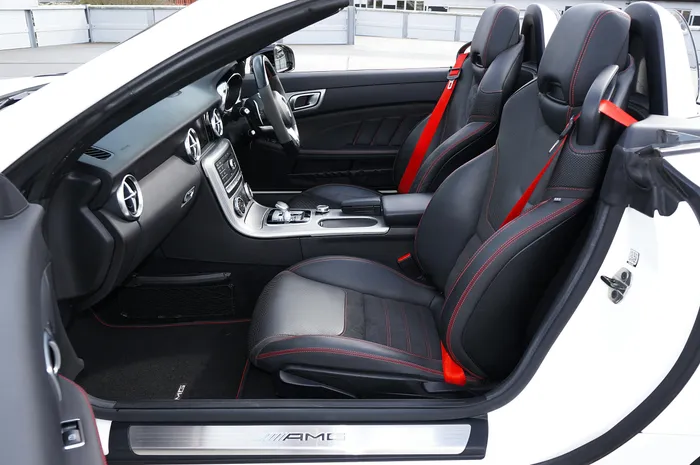Why saving for a car deposit can save you money

Discover how saving for a deposit before buying a car can lead to better loan approval, lower interest rates, and more manageable repayments.
Image: Pexels
Buying a new or pre-owned vehicle is one of the most significant financial commitments many consumers make. Often, this comes in the form of an instalment sale agreement spanning several years, allowing buyers to enjoy the perks of ownership without an upfront payment. While this may seem convenient, taking the time to save for a deposit can yield significant financial benefits in the long run.
Far from being an outdated practice, paying a deposit is a savvy financial strategy that can boost your chances of loan approval, lower the amount of interest paid, and even shorten your loan term.
Head of marketing and communication at WesBank, Lebo Gaoaketse says: “In the context of managing the long-term total cost of vehicle ownership, the easiest way to reach the breakeven point and potentially upgrade to a newer car sooner is to pay a healthy deposit upfront. The bigger the deposit, the quicker the breakeven point is reached, where the car’s trade-in value matches or exceeds the outstanding loan amount."
She says financial institutions tend to favour vehicle finance applications that include a deposit. This initial payment showcases financial responsibility and commitment, giving lenders greater confidence in your ability to manage debt. It also minimises their risk, as they finance a smaller amount relative to the car’s total value.
For buyers with less-than-perfect credit profiles, making a deposit can be the defining factor in securing financing approval. By contributing a portion of the purchase price upfront, you position yourself as a lower-risk borrower, improving the likelihood of a successful application, she says.
According to Wesbank, one of the most impactful advantages of paying a deposit is its effect on the total interest accrued over the loan term. Since borrowing less results in a smaller principal amount, the interest charged by financial institutions decreases accordingly. This can mean lower monthly instalments and significantly less interest paid over the lifespan of the loan.
Additionally, lenders may be inclined to offer a lower interest rate on a deal with reduced financial risk, further decreasing your overall repayment burden.
A deposit also offers flexibility in structuring your loan terms. With a reduced loan amount, some buyers may opt for a shorter repayment period, the group says.
While this might lead to slightly higher monthly instalments, it results in paying off the vehicle sooner and saving even more on interest.
Alternatively, if affordability is a top priority, a deposit allows for lower monthly repayments, even with a standard loan term, making ownership more manageable within a budget, it says.
Understanding these financial benefits theoretically is one thing, but witnessing their impact in real numbers is another. WesBank offers an online Vehicle Finance Calculator, which allows prospective car buyers to test different vehicle prices, deposit amounts, interest rates, and loan terms. By adjusting the deposit figure, users can instantly see how it affects estimated monthly instalments and the overall cost of credit.
This practical tool empowers buyers to make informed financial decisions and appreciate the tangible advantages of a deposit.
Gaoaketse says: “While saving for a deposit requires patience and discipline, the long-term financial rewards are undeniable. Not only can it ease the path to finance approval, and significantly reduce your interest and instalment obligations, saving up for a deposit also helps you adapt to the budgetary changes that come with paying for a car.”
PERSONAL FINANCE